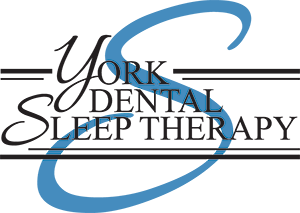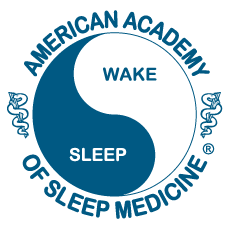Sleep apnea is a serious sleep disorder that occurs when a person’s breathing is interrupted multiple during sleep. People with untreated sleep apnea often stop breathing repeatedly while sleeping, sometimes hundreds of times each night. When this happens, the brain and the rest of the body may be deprived of adequate amounts of oxygen.
What Are Sleep Disorders And How Common Are They?
Sleep disorders are potentially serious conditions that prevent a person from getting restful sleep at night. Many of these disorders cause daytime sleepiness and can cause extreme dysfunction for sufferers. According to experts, there are approximately eighty different types of sleep disorders and roughly 70 million Americans suffer from them. The most common sleep disorders are:
- Sleep apnea
- Insomnia
- Narcolepsy
- Restless legs syndrome
The Two Types Of Sleep Apnea
There are two kinds of sleep apnea and most patients fit into on of these two categories:
Obstructive sleep apnea: The more common of the two forms of apnea, this type of sleep apnea is caused by a blockage of the patient’s airway. This type of sleep apnea usually happens when the soft tissue in the back of the throat collapses during sleep.
Central sleep apnea: During this type of sleep apnea, the airway is not blocked. However, the body fails to signal the muscles to breathe, due to some sort of problem with the respiratory control center in the brain.
When It Is Important To See a Medical Professional
Dr. Bell recommends that you consult a medical professional if you or your partner exhibit any of the following signs or symptoms:
- Loud snoring that disturbs the sleep of yourself or others in your home
- Shortness of breath that awakens you from sleep
- Intermittent pauses in your breathing during sleep
- Excessive daytime sleepiness, which causes you to fall asleep while you’re working, watching television or driving. These are extremely common for patients with sleep apnea.
- Many people think snoring is not serious and look at it as an annoying inconvenience. However, it could turn into something more serious, if left untreated. So be sure to talk to your doctor if you experience loud snoring, or snoring that is punctuated by abnormal periods of silence.
- Ask your doctor about any sleep problem that leaves you chronically fatigued, sleepy and irritable. Excessive daytime drowsiness may be due to other disorders, such as narcolepsy.
Why It Is Important To Seek Medical Attention For Sleep Apnea
If you suspect that you or your partner may have sleep apnea, your first step should be to discuss your suspicions with your primary care physician. If you do not have a primary care doctor, patients can go directly to a sleep specialist. Patients should be sure to check your health care insurance coverage first to make sure they have coverage. Some insurance policies require you to see a primary care physician first, and some policies limit the sleep centers and testing facilities whose services they will pay for. Once your primary care doctor has referred you to us, then we’ll be happy to help you explore treatments.
When You Should Adopt A Wait And See Approach
Sometimes sleep apnea symptoms can come and go and sometimes they can get better on their own. This is why it is best to monitor symptoms. If symptoms last longer than a few episodes over a period of several months, then it is probably best to see your doctor. Some patients may also respond well to home treatments. The most common of these are losing weight, avoiding alcohol, or changing sleeping positions. Patients should avoid sleeping on their back. Eliminating tobacco products can also be helpful. For more alternative treatment options, see our page on treatments.
Contact Dr. Bell For Your Sleep Apnea Treatment
Sleep apnea may be causing you to lose valuable sleep and could also negatively impact your health. If you are having trouble with your sleep, don’t wait to get treatment. If you still have questions about the symptoms, diagnosis and treatments for sleep apnea, please check out the rest of our specially created sleep apnea website or call our office for more information. Now is the time to treat your sleep apnea and get back to a healthy and happy lifestyle, so call Dr. Bell for a consultation now.









